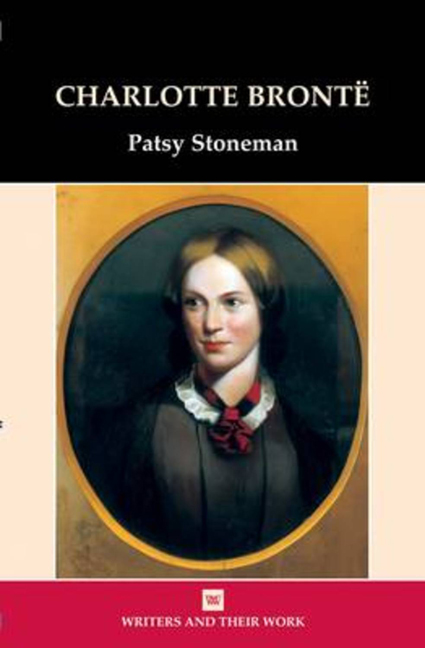4 - Shirley
Summary
The success of Jane Eyre opened a wider window on the world for Charlotte Brontë. Although she was able to shelter under her pseudonym for a year or more, correspondence with her publisher, George Smith, and even more importantly with his intelligent and sympathetic reader, William Smith Williams, brought her into immediate contact with the cultural life of London, introducing ‘such light and life to the torpid retirement where we lie like dormice’ (L. i. 580). Since Williams also sent current journals and parcels of new books, ‘for the first time in their lives [Charlotte and her sisters] were able to see and read the newest books as they were published instead of having to wait for them to be available in the circulating and subscription libraries’ (B. 649).
Jane Eyre was published in October 1847 and its reviews began to appear in 1848, the ‘Year of Revolutions’ in Europe and the year of the final flare-up of Chartism in England, and some readers saw a connection. By January 1848 a version of Jane Eyre was on stage at the Victoria Theatre (the ‘Old Vic’), a notorious hotbed of Chartism, and by December Elizabeth Rigby (later Lady Eastlake) declared ‘that the tone of the mind and thought which has overthrown authority and violated every code human and divine abroad, and fostered Chartism and rebellion at home, is the same which has also written Jane Eyre’.
There is irony in the fact that Charlotte, with her conservative opinions and adulation of the Duke of Wellington, should be seen as the champion of insurrection, especially as her views even of legitimate military glory were considerably muted since the days of Angria. Writing to Margaret Wooler in March 1848, she confesses that “‘the pomp and circumstance of war” have quite lost in my eyes their factitious glitter’, while as for ‘convulsive revolutions’, they ‘put back the world in all that is good, check civilisation, bring the dregs of society to its surface’. She prays that ‘England may be spared the spasms, cramps and frenzy-fits now contorting the Continent’ (L. ii. 48), but the danger was not so distant.
- Type
- Chapter
- Information
- Charlotte Bronte , pp. 48 - 62Publisher: Liverpool University PressPrint publication year: 2011



